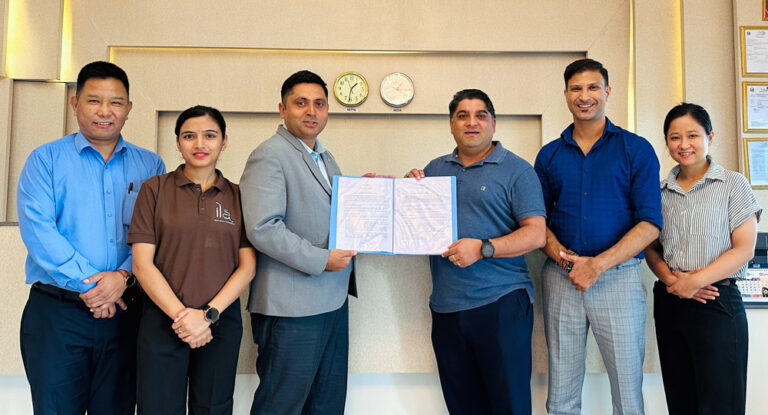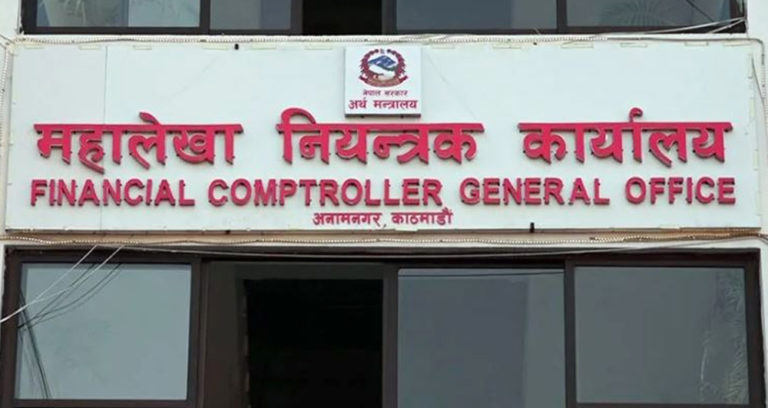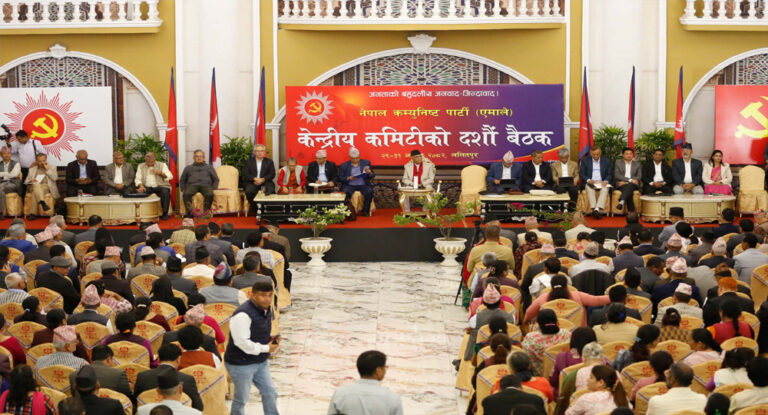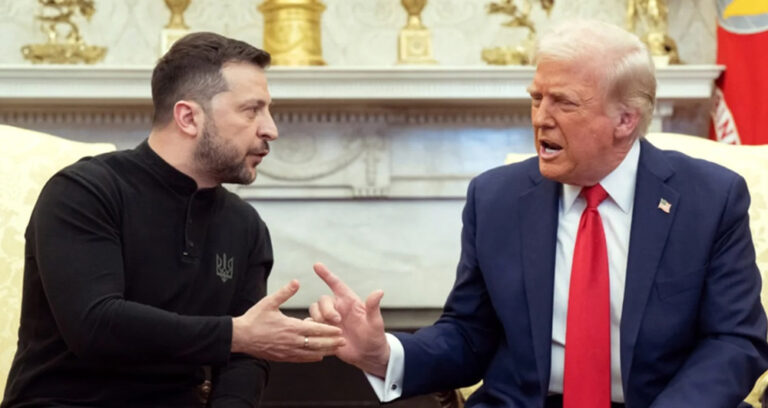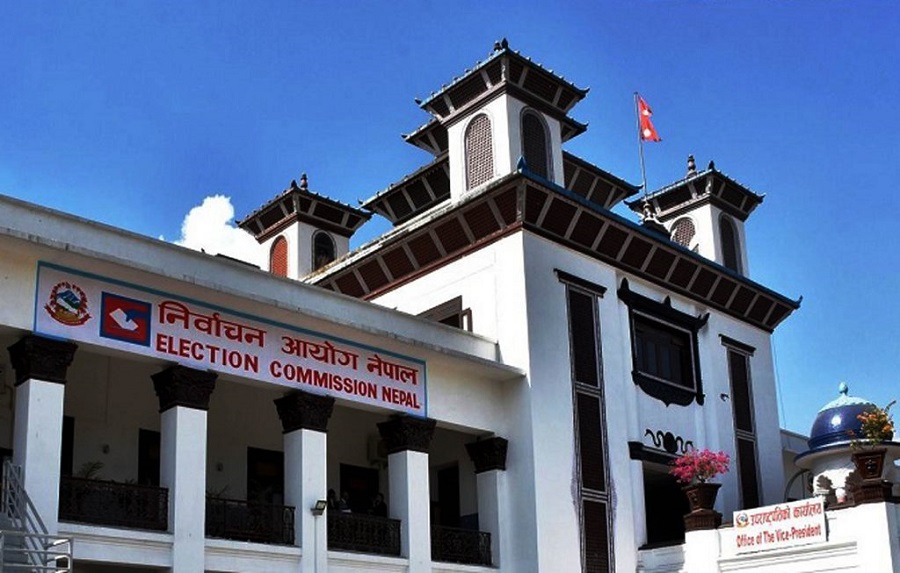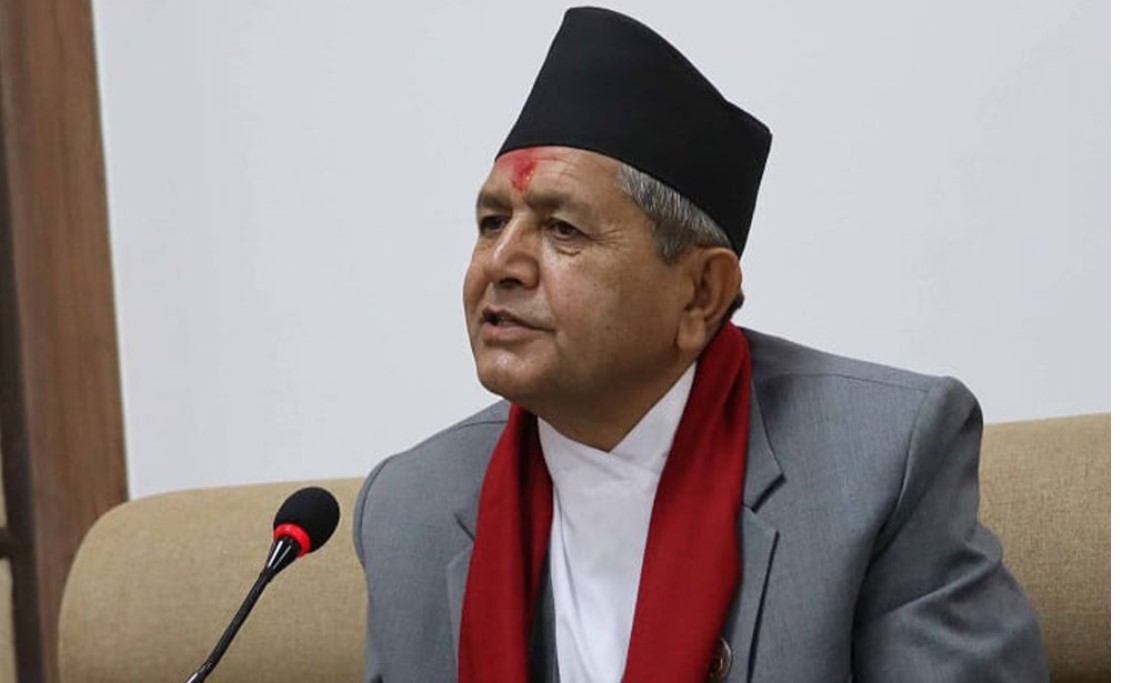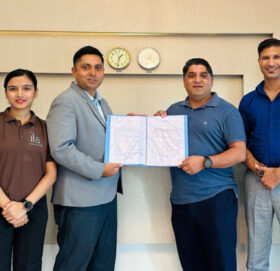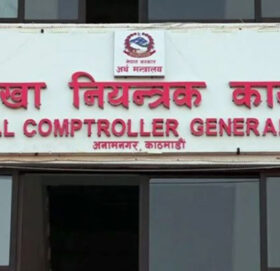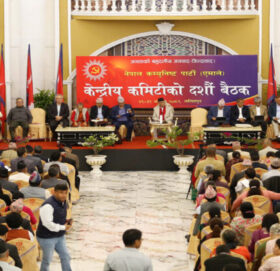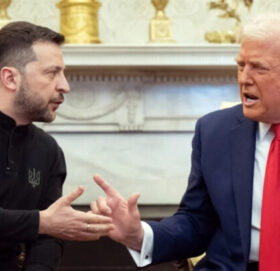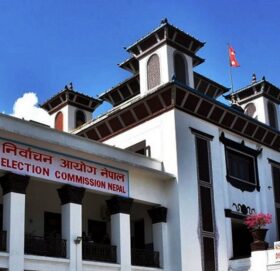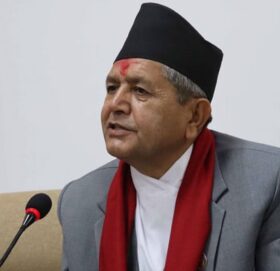Dramatic Shifts Unfold Ghana’s Political Landscape & breaking news in ghana today live Drive Nationa
- बिहिबार, कार्तिक २८, २०८२

- Dramatic Shifts Unfold: Ghana’s Political Landscape & breaking news in ghana today live Drive National Conversation.
- The Proposed Electoral Reforms: A Detailed Overview
- Concerns Raised by Opposition Parties
- The Role of Civil Society Organizations
- Regional Implications and International Observers
- The Impact of Social Media and Information Warfare
- Economic Considerations and Political Stability
- The Role of Traditional Leaders
- Balancing Tradition and Democratic Principles
- Looking Ahead: Challenges and Opportunities
Dramatic Shifts Unfold: Ghana’s Political Landscape & breaking news in ghana today live Drive National Conversation.
Recent developments in Ghanaian politics have captured national attention, dominating headlines and sparking widespread discussion. The unfolding situation, driven by a series of critical events, represents a significant moment for the country’s democratic processes. The current breaking news in ghana today live centers around proposed electoral reforms and their potential impact on the upcoming elections, prompting vigorous debate among political parties, civil society organizations, and the general public. These reforms, aimed at enhancing the transparency and credibility of the electoral system, are the focal point of intense scrutiny and negotiation
The debates surrounding these proposals extend beyond procedural details, delving into fundamental questions about power dynamics, representation, and the future of Ghana’s democracy. The stakes are high, and the outcome of these discussions will undoubtedly shape the political landscape for years to come. Understanding the nuances of this evolving situation requires a thorough examination of the key players, the specific reforms under consideration, and the broader context of Ghana’s political history and social realities.
The Proposed Electoral Reforms: A Detailed Overview
The core of the current political discourse revolves around a series of proposed amendments to Ghana’s electoral laws. Key among these is a debate over the implementation of biometric voter registration and verification systems, designed to minimize fraud and ensure the accuracy of voter rolls. Other contentious issues include provisions relating to campaign finance regulations, the role of traditional leaders in the electoral process, and the powers of the Electoral Commission. The government asserts that these changes are crucial for strengthening the integrity of the elections, while opposition parties have raised concerns about potential bias and manipulation.
| Voter Registration | Implementation of biometric systems | Improved accuracy, reduced fraud |
| Campaign Finance | Stricter reporting requirements | Increased transparency, level playing field |
| Electoral Commission | Clarification of powers and responsibilities | Enhanced independence, accountability |
Concerns Raised by Opposition Parties
Opposition parties have voiced strong reservations about several aspects of the proposed reforms, alleging that they could be used to unfairly advantage the ruling party. They argue that the timing of the reforms, so close to the upcoming elections, raises concerns about their legitimacy and motives. The opposition contends that certain provisions could disenfranchise eligible voters, particularly in rural areas with limited access to technology. Furthermore, they express skepticism about the independence of the Electoral Commission, suggesting that it may be susceptible to political interference. These concerns have fueled tensions and deepened the polarization of the political landscape.
Specifically, the proposed changes to campaign finance regulations have been criticized for potentially hindering the ability of smaller parties to compete effectively against the well-resourced ruling party. The opposition argues that the new regulations could create barriers to entry for new political actors and reinforce the dominance of established parties. These arguments are part of the wider ongoing efforts to ensure fairness and transparency in the electoral process. Transparency is key to gaining trust in the process.
The Role of Civil Society Organizations
Civil society organizations (CSOs) in Ghana have played a crucial role in monitoring the electoral process and advocating for reforms. These organizations have conducted voter education campaigns, observed elections, and provided independent analysis of the political situation. Many CSOs have expressed support for the broad goals of the proposed reforms but have also called for greater consultation and inclusivity in the implementation process. They emphasize the importance of ensuring that all stakeholders have a voice in shaping the future of Ghana’s democracy.
Notable CSOs are currently working on researching ways to improve voter turnout through tailored education and through targeted outreach programs. Their initial findings will likely serve as a basis for future proposals and policy recommendations to the Electoral Commission. This participatory approach is seen as essential for building consensus and fostering trust in the elections. Effective communication between the government and these CSOs will be critical.
Regional Implications and International Observers
The political situation in Ghana has implications beyond its borders, as the country is often seen as a beacon of democracy and stability in West Africa. The outcome of the electoral reforms and the upcoming elections could have a ripple effect across the region, influencing political trends and inspiring democratic movements. International observers, including representatives from the African Union and the United Nations, are closely monitoring the situation, providing assistance, and promoting a peaceful and transparent electoral process.
- The Economic Community of West African States (ECOWAS) has expressed its support for Ghana’s efforts to strengthen its democracy.
- The African Union is dispatching a high-level delegation to observe the elections.
- International NGOs are providing technical assistance to the Electoral Commission.
The Impact of Social Media and Information Warfare
Social media platforms have become an increasingly important battleground for shaping public opinion and influencing the political discourse in Ghana. The proliferation of fake news and disinformation poses a significant challenge to the integrity of the elections. Political actors are using social media to spread propaganda, attack opponents, and manipulate public sentiment. The spread of misinformative content is particularly concerning in a context where many citizens rely on social media as their primary source of information. Civil society organizations are working to combat disinformation through fact-checking initiatives and media literacy programs.
Furthermore, concerns have been raised about the potential for foreign interference in Ghana’s elections through social media. Intelligence agencies are investigating reports of coordinated disinformation campaigns aimed at influencing the outcome of the elections. Addressing these challenges requires a multi-faceted approach, involving government regulation, media self-regulation, and public education. Promoting critical thinking skills among citizens is essential for combating fake news and protecting the integrity of the elections.
Economic Considerations and Political Stability
The political climate in Ghana is closely intertwined with the country’s economic performance. A stable political environment is crucial for attracting foreign investment, promoting economic growth, and improving the living standards of citizens. The uncertainty surrounding the electoral reforms and the upcoming elections could dampen investor confidence and disrupt economic activity. Business leaders are closely monitoring the situation, seeking assurances that the political transition will be smooth and peaceful. Maintaining economic stability is therefore a key priority for all stakeholders.
- Securely pursue legal frameworks for investment
- Promote improvements in infrastructure
- Promote diversification of local products
The Role of Traditional Leaders
Traditional leaders, including chiefs and queen mothers, play a significant role in Ghanaian society, often serving as influential voices in their communities. Their involvement in the political process is a complex issue, as they are expected to remain non-partisan while also representing the interests of their people. The proposed electoral reforms have sparked debate about the appropriate level of involvement of traditional leaders in the electoral process. Some argue that their neutrality and moral authority could help to promote a peaceful and credible election. Others express concerns that their involvement could be seen as undue influence or manipulation.
Balancing Tradition and Democratic Principles
Finding the right balance between respecting traditional authority and upholding democratic principles is a delicate task. The government and the Electoral Commission are seeking ways to engage with traditional leaders in a constructive dialogue, ensuring that their voices are heard while maintaining the integrity of the electoral process. It remains to be seen how this complex dynamic will play out in the upcoming elections. The role of traditional leaders in conflict prevention and peacebuilding is particularly important in a context where tensions are running high. Strong leadership is vital.
Looking Ahead: Challenges and Opportunities
Ghana stands at a critical juncture in its democratic journey. The challenges posed by the proposed electoral reforms and the upcoming elections are significant, but they also present opportunities for strengthening the country’s democratic institutions and consolidating its position as a leader in West Africa. Successfully navigating this period will require a concerted effort from all stakeholders—government, opposition parties, civil society organizations, traditional leaders, and the general public—to prioritize dialogue, compromise, and a commitment to the principles of democracy.
The decisions made in the coming months will shape the future of Ghana for years to come. A peaceful, transparent, and credible election is essential for maintaining political stability, promoting economic growth, and ensuring that all Ghanaians have a voice in shaping their destiny. The world is watching, and Ghana has the opportunity to once again demonstrate its commitment to democratic ideals.

Emociónate con Cada Caída Plinko de BGaming, Donde un 99% de Retorno al Jugador Te Acerca a Multipli


